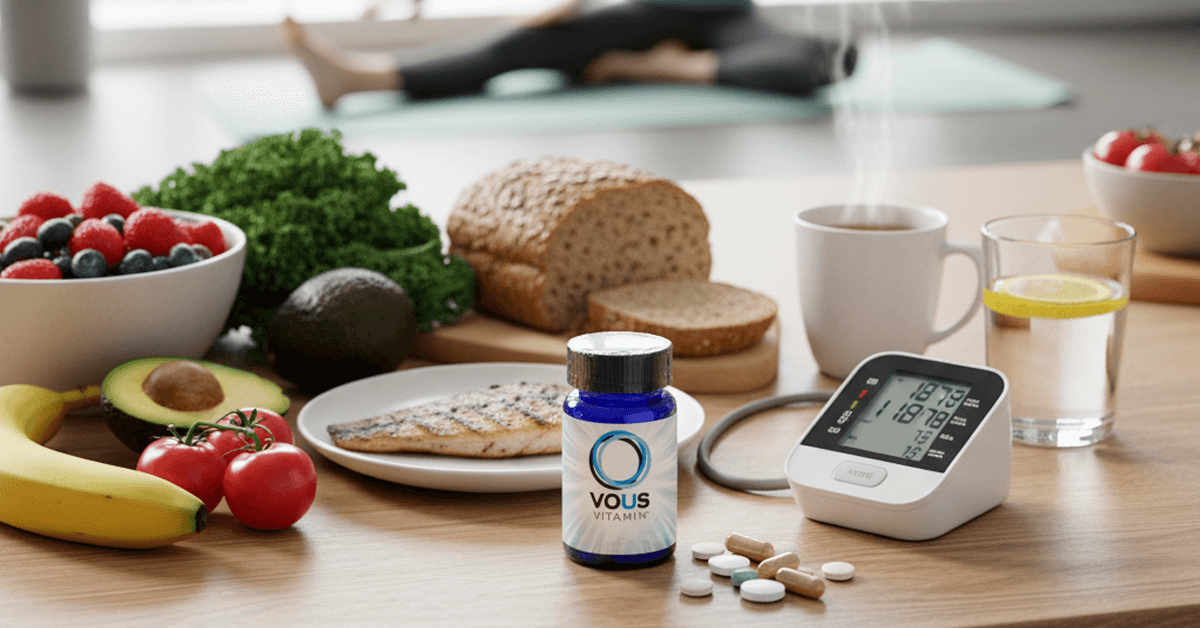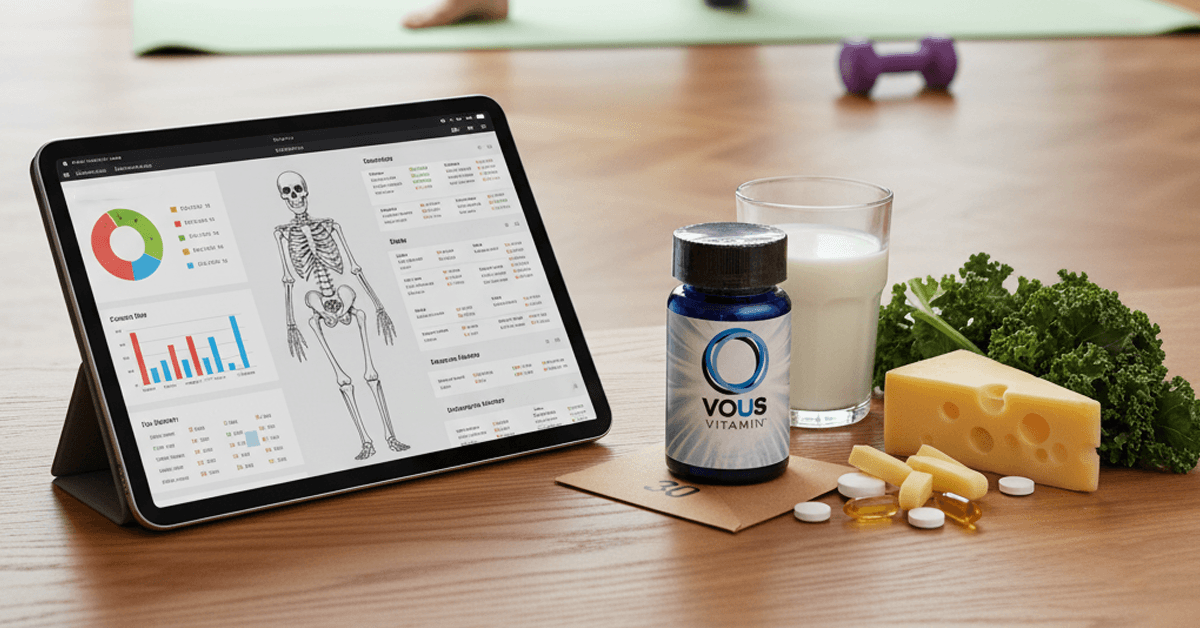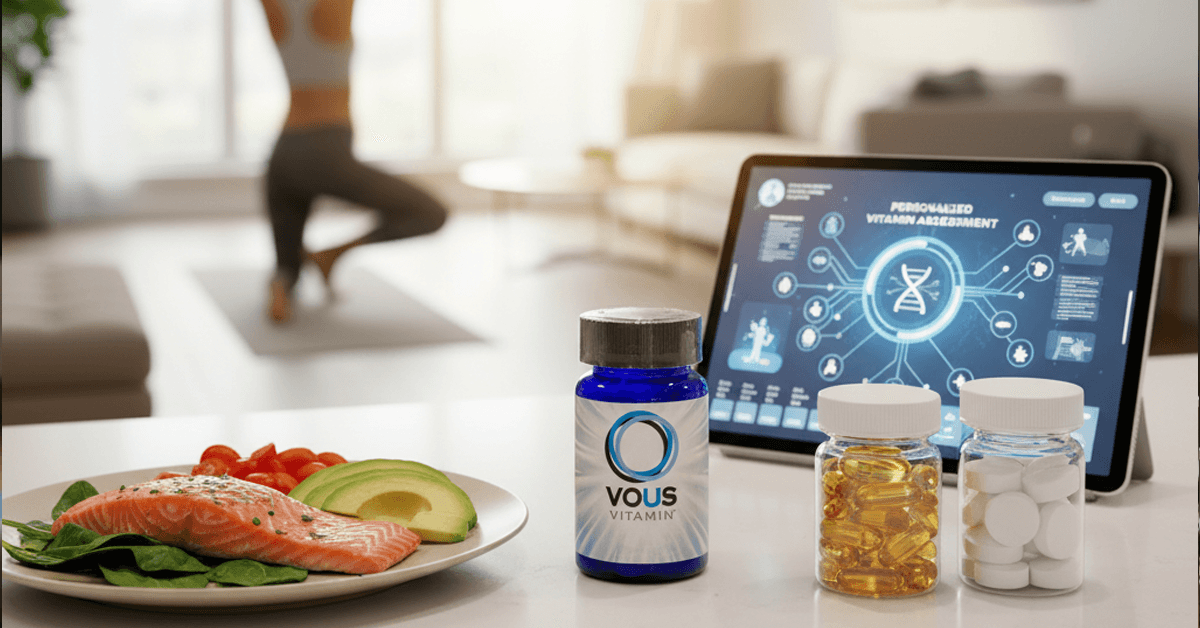

Do you need to take a daily multivitamin? Would it matter if that vitamin were personalized to your health and lifestyle? A recent study compared a large group of people taking a generic, off-the-shelf multivitamin to a group who was not taking a vitamin. The study found that the group taking the vitamins did not live longer than the other group. From that, the “vitamins are of no benefit to you” myth was affirmed. We do not believe the study disproves the value of vitamins for all individuals. We believe the study is not helpful for many reasons—one being that generic, off-the-shelf multivitamins contain too little of many of the nutrients most of us need, while they may contain too much of certain ingredients, which may be harmful at those levels. The takeaway should be that not all people or their vitamins are created equal. Many people can benefit from the appropriate combination of vitamins. Figuring out what vitamins you should take, based on your individual diet, health history, and lifestyle, is the important part.
Can a personalized vitamin cut down on overdosing situations? Actually, certain vitamins can harm you in high doses. Specifically, fat-soluble vitamins (i.e., those that hang around for a long time in your system because they are incorporated into the fatty parts of your cells—typically in the liver) such as vitamin D, vitamin E, vitamin A, and vitamin K can cause toxicity if you take excessive doses. Symptoms of vitamin overdoses include severe headaches, bad skin, liver function abnormalities, and many other consequences. One large study also suggested that even moderate doses of vitamin A can increase rates of cancer in certain populations. Likewise excessive heavy metals may play a role in certain liver diseases and dementias such as Alzheimer’s. Almost any vitamin in high enough doses can cause problems. Don’t overdo it—getting enough, but not too much, is the goal. Personalized vitamins can help calibrate your dosing to your specific profile.
Do personalized vitamins involve manufacturing practices that are safer? Unfortunately, the vitamin manufacturing process is not regulated by the Food and Drug Administration (FDA) in the same way that prescription and other over-the-counter medications are. Therefore, quality control in the supplement industry can be poor. Studies analyzing off-the-shelf vitamins and supplements have shown that some products contain contaminants and other unlisted ingredients that can cause serious health problems. In fact, a recent analysis of commonly sold herbal supplements found little to none of the claimed ingredients in the actual products. This leads one to wonder, what then is in them and what harm can they cause? Part of our goal in cofounding Vous Vitamin® was to give people access to a reputable, high-quality brand that adheres to extremely high manufacturing standards. Our manufacturer holds National Sanitation Foundation (NSF) certification and is licensed and regularly inspected for good manufacturing practices (GMP) by state and federal health authorities to ensure compliance. Looking for these, as well U.S. Pharmacopeial Convention (USP) certification, are good ways to monitor products for their quality and purity. A personalized vitamin is a premium product and will likely go through a high degree of scrutiny around the sourcing of ingredients and manufacturing process compared to off-the-shelf vitamins, which can be white labeled or come from a questionable source.


In a world where health should require an individualized approach by each person, generic multivitamins often cannot provide the same nutrients that your body really


For years, people have relied on generic vitamins hoping to fill nutritional gaps. However, what was working just a few decades ago does not suit


The majority of the population buys generic vitamins at the store with the hope that they will meet the nutrient requirements. However, the truth is


As individuals increasingly shift toward proactive health and wellness grounded in data, individualized approaches are sought to draw from, rather than antiquated, generic, one-size-fits-all multivitamins.
| Cookie | Duration | Description |
|---|---|---|
| cookielawinfo-checkbox-analytics | 11 months | This cookie is set by GDPR Cookie Consent plugin. The cookie is used to store the user consent for the cookies in the category "Analytics". |
| cookielawinfo-checkbox-functional | 11 months | The cookie is set by GDPR cookie consent to record the user consent for the cookies in the category "Functional". |
| cookielawinfo-checkbox-necessary | 11 months | This cookie is set by GDPR Cookie Consent plugin. The cookies is used to store the user consent for the cookies in the category "Necessary". |
| cookielawinfo-checkbox-others | 11 months | This cookie is set by GDPR Cookie Consent plugin. The cookie is used to store the user consent for the cookies in the category "Other. |
| cookielawinfo-checkbox-performance | 11 months | This cookie is set by GDPR Cookie Consent plugin. The cookie is used to store the user consent for the cookies in the category "Performance". |
| viewed_cookie_policy | 11 months | The cookie is set by the GDPR Cookie Consent plugin and is used to store whether or not user has consented to the use of cookies. It does not store any personal data. |